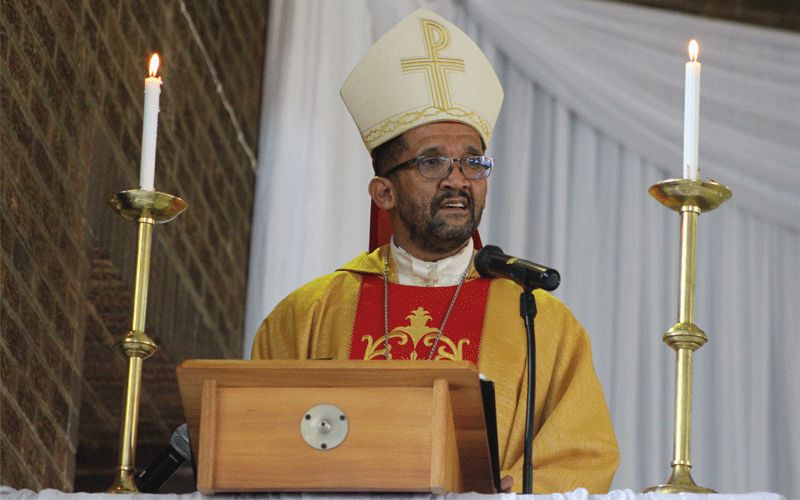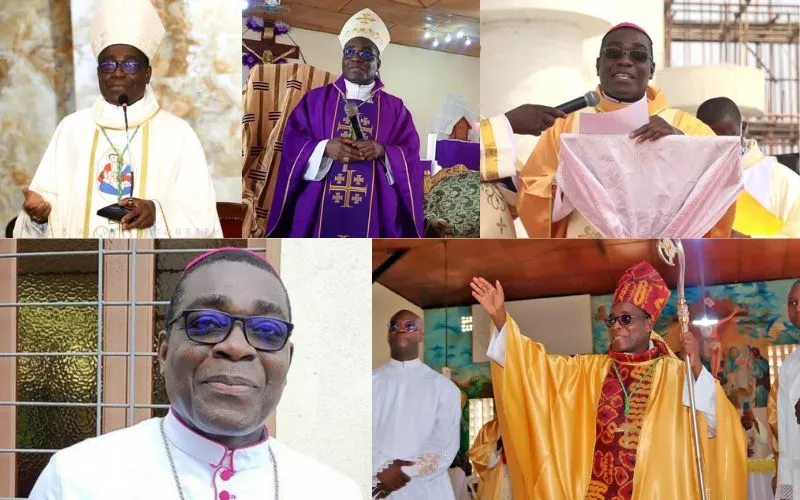“They get to avoid wearing orange overalls in jail and continue looting with impunity while they continue to enjoy a life of opulence at the expense of poor people and at the detriment of the image and development of the country,” the 60-year-old South African Bishop says.
Calling on the people to fight corruption “before it takes root” in the country, the Local Ordinary of Umtata advocates for a deep understanding of the meaning of the vice, which he says is generally described as “the abuse of entrusted power for private gain”.
The understanding, he says, calls on everyone to evaluate how they use the power, resources and trust assigned to them for their intended purpose.
“The use of facilities meant for our work for private gain is corruption,” he says.
He continues, “To come to the office and hang one’s jacket on the chair and leave the office to do one’s private business in town is corruption… to use the telephone provided for the purpose of our work to phone family members and friends is corruption. To use the vehicle provided for the purpose of our work for private trips and to make money is corruption.”
(Story continues below)
The Bishop further urges the people of God in the country to ensure that they always work for everything they possess, adding that failure to do that translates to corruption.
“At personal level it should haunt one at the end of the day when one enjoys a sumptuous meal and a comfortable bed in a cozy room and yet cannot say in clear conscience that today enough work was done to earn one’s living,” Bishop Sipuka says.
He adds, “This is not only stealing from those who have entrusted the resources but it is also an insult to one’s dignity to eat without earning one’s food.”
The evil of corruption, the Prelate says, is that it results in common good objectives not being achieved, and with the majority of people not getting their rights, which belong to them while a few “thugs” wrongfully get more than what they should get.
“In short corruption leads to injustice,” he underscores, and adds, “This in turn leads to a sense of disgruntlement and lack of social cohesion.”
Corruption leads to lack of trust in leadership, which is manifest in few people turning up to vote during election period, according to Bishop Sipuka.
He calls for personal responsibility in the fight against corruption saying, “As we get enraged with corruption, let us remember that the call against corruption starts with us. In our personal lives and in our work, we must not be liable for acts and dispositions that smack of corruption, otherwise we have no right to speak against it.”
Agnes Aineah is a Kenyan journalist with a background in digital and newspaper reporting. She holds a Master of Arts in Digital Journalism from the Aga Khan University, Graduate School of Media and Communications and a Bachelor's Degree in Linguistics, Media and Communications from Kenya's Moi University. Agnes currently serves as a journalist for ACI Africa.








